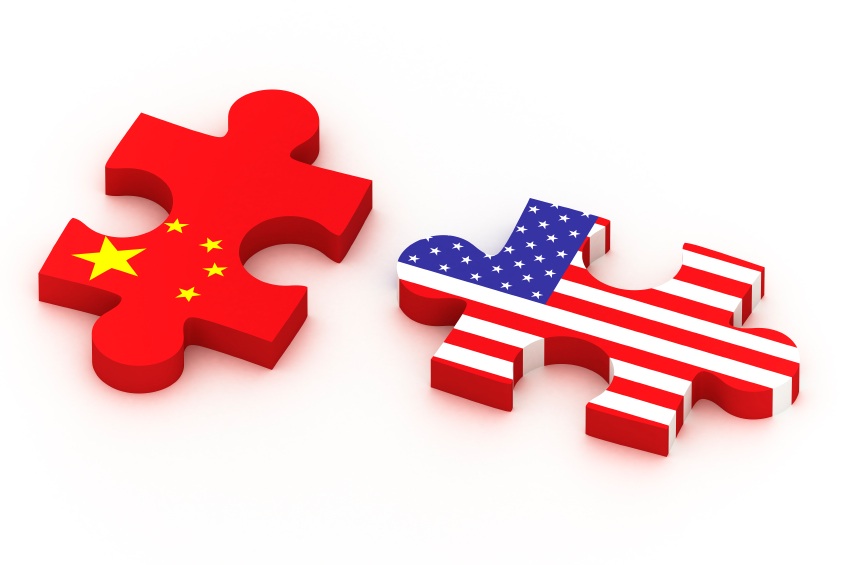- Capital Markets
- China Law News
- Intellectual Property
- Retail Trade and Distribution
- Technology Media and Telecom
In the News: Partial Trade Deal Agreed; U.S. Blacklists Chinese Tech Firms; and CSRC Releases Timetable Removing Foreign Ownership Caps
October 14, 2019 | BY
Vincent ChowConcessions from both sides in limited China-U.S. phase one trade deal; Chinese tech firms and security bureaus blacklisted over human rights accusations; and caps on foreign fund managers in China to be removed in April
China, U.S. agree limited "phase one" trade deal
The United States is shelving new tariffs against Chinese imports after two days of trade talks with China in the latest round of negotiations in the ongoing trade war. In return, China will buy $40 billion to $50 billion worth of U.S. agricultural products, U.S. President Donald Trump said, although China is yet to confirm that publicly. A comprehensive trade deal is still to be agreed, but the latest talks in Washington, D.C., did result in a limited trade deal with a plan laid out for further negotiations.
This premium content is reserved for
China Law & Practice Subscribers.
A Premium Subscription Provides:
- A database of over 3,000 essential documents including key PRC legislation translated into English
- A choice of newsletters to alert you to changes affecting your business including sector specific updates
- Premium access to the mobile optimized site for timely analysis that guides you through China's ever-changing business environment
Already a subscriber? Log In Now





